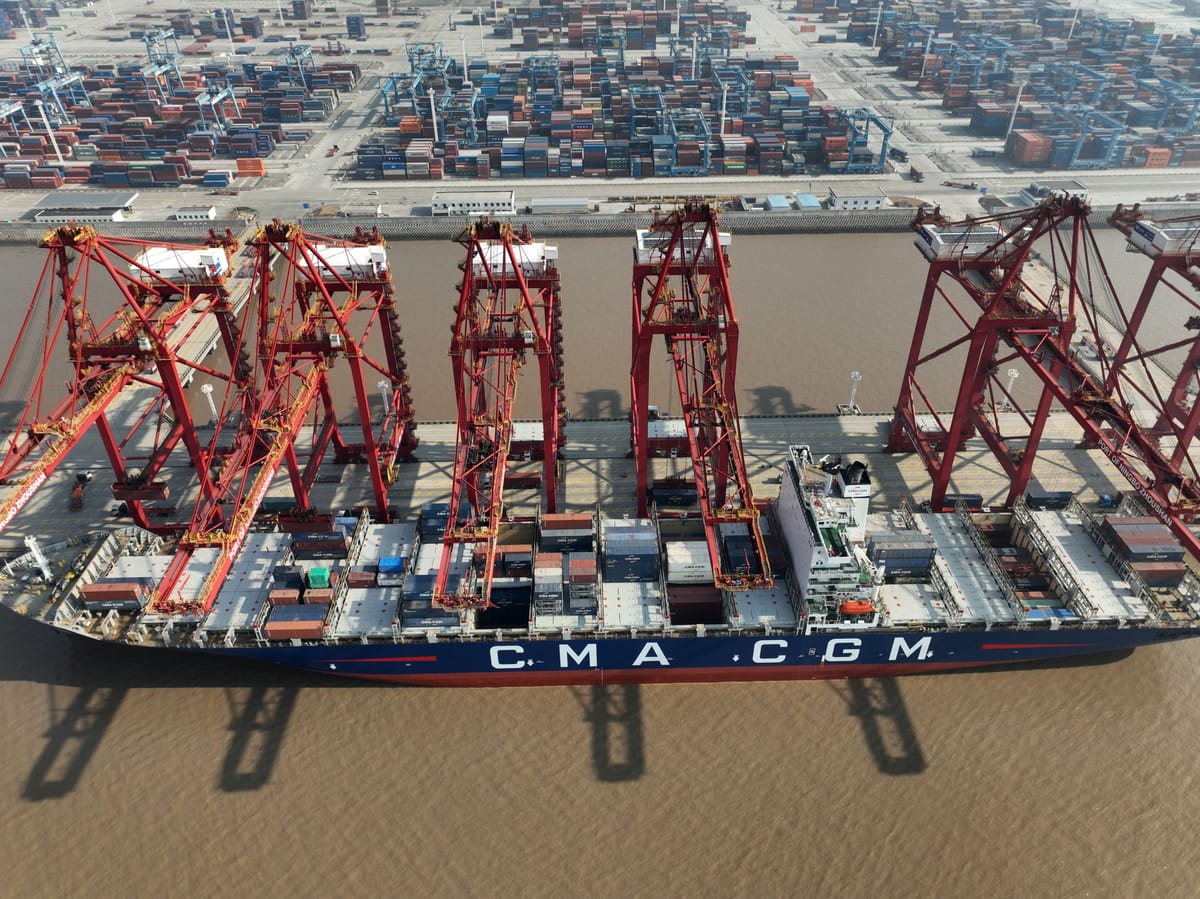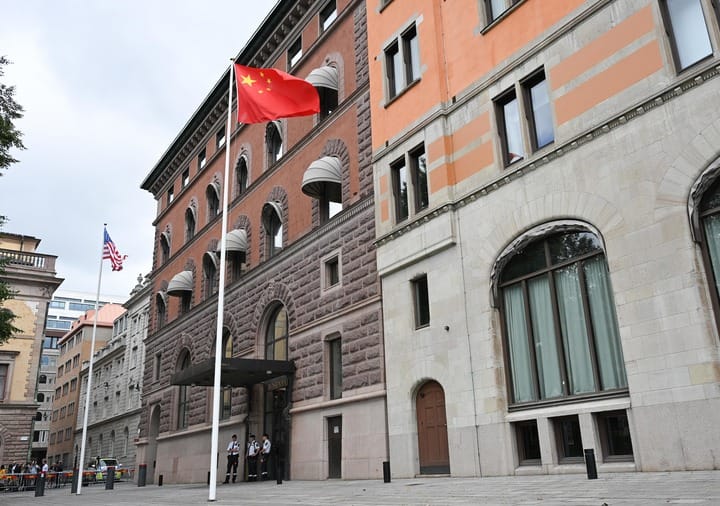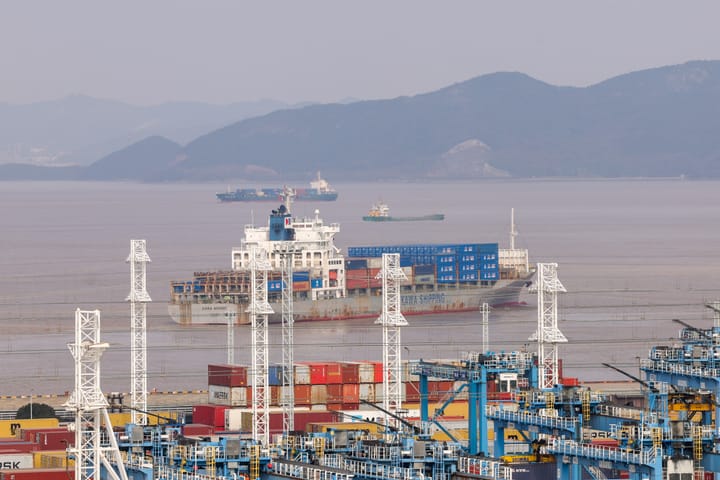Xinhua News Agency Says China-U.S. Trade Talks Bring Relief and Confidence to Global Economy

China’s state media Xinhua News Agency on Monday published a Chinese version of a commentary on the just-concluded China-U.S. Trade Talks. The commentary is titled China-U.S. Trade and Economic Talks Bring Relief and Confidence to Global Economy(新华时评丨中美经贸会谈为全球经济纾压增信). The following is a translation of the article.
China-U.S. high-level meeting on economic and trade affairs was held in Switzerland from May 10 to 11 local time, drawing widespread international attention. Through joint efforts, the two sides engaged in candid, in-depth, and constructive discussions across multiple fields, reaching a series of common understandings and achieving substantive progress. This marks a crucial step toward resolving differences through equal-footing dialogue and consultation, laying the groundwork and creating favorable conditions for narrowing gaps and deepening future cooperation.


